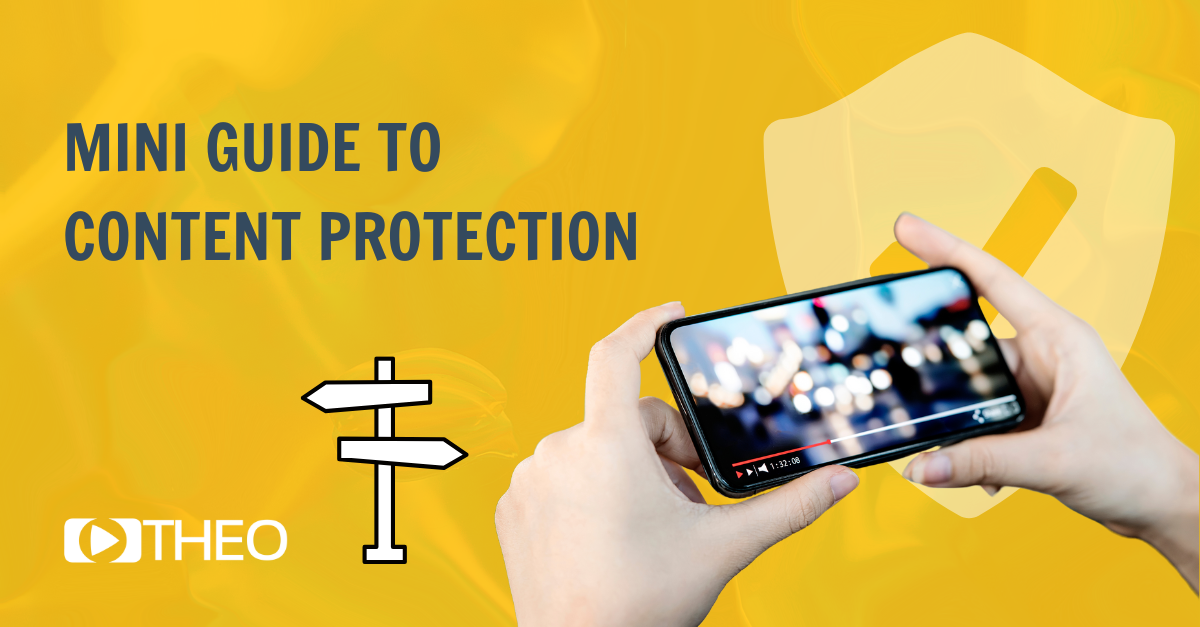Game-changing innovations and future trends in the TV industry
by THEO Technologies on April 29, 2022
Moderator Will Garside kicks this panel debate off by saying that innovation is the life blood of our industry, and we couldn't agree more. Hyperpersonalization is a topic that our panel brings up, and we're definitely not the first ones to mention that AI will transform which video c …
How to Optimize CSAI on Tizen and WebOS in 3 Steps
by THEO Technologies on August 24, 2021
One notable change as the globe struggles with the pandemic's effects is the rise of OTT consumption through smart TVs. As more people turn to their living room TVs for entertainment, businesses have a unique opportunity to reap benefits from this trend. However, tapping into the adve …
High Efficiency Streaming Protocol (HESP): Reducing Bandwidth Consumption by up to 20%
by THEOplayer on May 18, 2020
We are streaming more and higher quality video. Overall, time spent in viewing streaming video has increased rapidly to between 60 and 100 minutes per person per day in 2019. Also, video quality is going up as we are increasingly streaming HD and 4K content. Hence, bandwidth is an eve …
High Efficiency Streaming Protocol (HESP): Bringing Instant Start-Up, Zapping and Seeking to Online Video
by THEOplayer on April 27, 2020
A recognizable issue with online video streaming is the frequency of loading spinners and its impact on viewer engagement. Slow zapping – the switching between linear channels – and slow seeking is causing abandonment and preventing mass adoption of OTT delivery instead of traditional …
High Efficiency Streaming Protocol (HESP): Delivering the Sub-Second Latency Online Viewers Expect
by THEOplayer on April 8, 2020
Live streamed events are generally delayed by 30 seconds or more compared to the traditional broadcast feed. This results in a spoiler effect during sports events, when you hear neighbors cheer for an action you haven’t seen yet, or when you already see commentary on social media befo …
Accessibility with THEOplayer
by THEOplayer on January 7, 2020
Integrating accessibility features on the web is crucial to accommodating viewers with limitations, optimise the general viewer experience and maximise overall reach. The basis of video accessibility means that viewers with disabilities can perceive, understand, navigate, and engage w …
Mini Guide to Content Protection
by THEO Technologies on December 24, 2019
With piracy on the rise again, it is worth taking a moment to consider how you can prevent your content from being pirated. Pirated content (ranging from link sharing to straight-out downloading of content) generally results in a loss of revenue. While there are many approaches to pro …
Maximising Viewer Experience with Picture-In-Picture
by THEOplayer on May 4, 2017
What is picture-in-picture (PiP) and how can we use it to deliver a more engaging viewer experience when we combine video with other forms of content? In this blog post you will learn about PiP and its benefits, what some typical uses of PiP are and finally, how THEOplayer can help yo …








